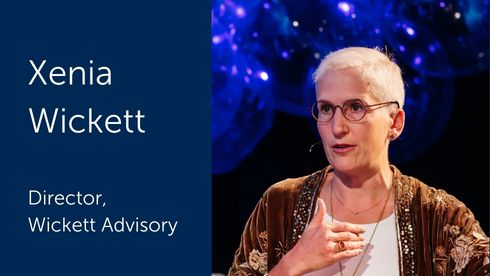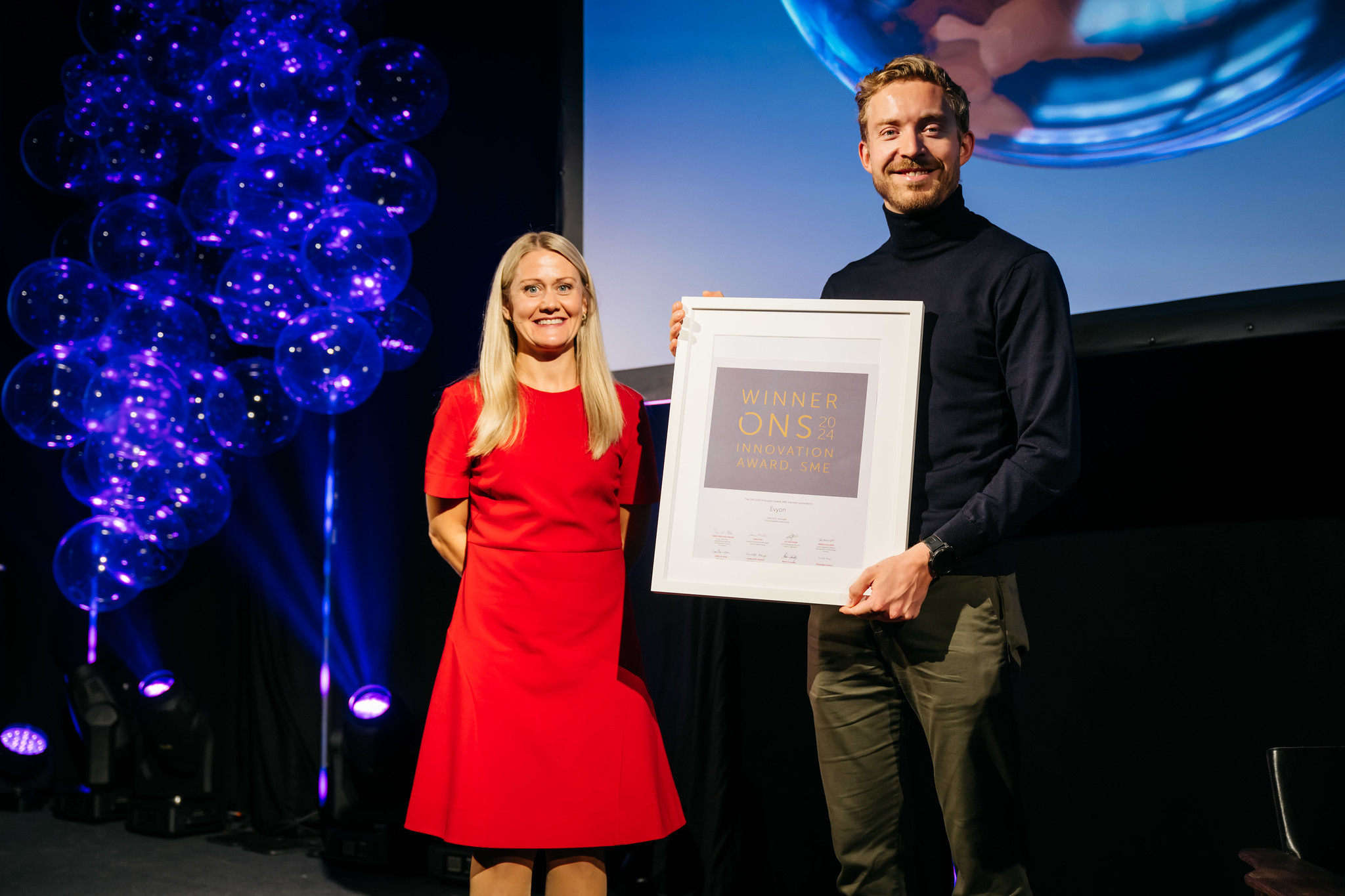The Energy Agenda
The balancing act of energy supply and net zero goals
The latest episode of ONS Energy Talks, featured a discussion with Valentina Kretzschmar, Vice President of Consulting Climate Risk and Strategy at Wood Mackenzie. The episode explored the critical issue of balancing energy supply with net zero goals.

Key Points:
- Understanding net zero goals and their implications
- Shifting focus from ESG to energy security
- The importance of both mitigation and adaptation in climate strategies
- Financial and political challenges in energy transition
- The need for increased energy literacy
Listen to the full podcast episode here!
Understanding Net Zero Goals
Kretzschmar highlighted a widespread misunderstanding of net zero goals. While many can quote the aim of limiting global warming to 1.5 degrees by 2100, few grasp the challenge of reducing fossil fuel consumption from 80% to 25-30% by 2050. "Limiting global consumption of fossil fuels from 80% currently to 25-30% by 2050 is an incredibly difficult task, given that fossil fuels absolutely underpin our modern civilisation," she explained.
Shifting Focus from ESG to Energy Security
The focus has shifted from Environmental, Social, and Governance (ESG) principles to energy security, especially following the Russia-Ukraine conflict. Kretzschmar noted, "I think the term ESG is... It's much more than climate. But I think sustainability is probably more favoured these days."
Mitigation and Adaptation
Addressing the dilemma of mitigation versus adaptation in response to the climate crisis, Kretzschmar argued for a dual approach. She acknowledged that current policies fall short of net zero goals and warned that we might be on track for a three degree global temperature rise by 2100. "We have to do both mitigation and adaptation at the same time," she emphasised.

Global North vs. Global South
Significant differences exist in how developed and developing nations approach energy transition. Leaders from resource-rich developing countries often resist decarbonisation efforts championed by developed nations, asserting their right to exploit natural resources. This disparity highlights varying perspectives on energy transition between the global north and south.
Financial and Political Challenges
Financial and political challenges further complicate the energy transition. Despite substantial investment increases, current levels are insufficient to achieve net zero targets. Kretzschmar underscored the need for policy support akin to the US Inflation Reduction Act to stimulate private investment in clean energy. Private investors remain hesitant due to the high risks associated with clean energy projects, making government intervention through subsidies and policies essential.
Importance of Energy Literacy
Kretzschmar stressed the importance of energy literacy in driving effective policymaking and public understanding. "I would love to see more energy literacy brought into climate policy," she said, advocating for a pragmatic approach to energy transition. This entails recognising the ongoing need for fossil fuels while transitioning to cleaner energy systems to ensure economic stability and energy security.
Looking Ahead
As ONS 2024 approaches, these insights provide a valuable framework for understanding the multifaceted nature of the energy transition and the critical discussions ahead. For more in-depth analysis and updates, subscribe to ONS Energy Talks. Valentina Kretzschmar will be moderating the session "Shaping the new energy landscape" at the ONS Conference, Wednesday 28 August. Don't miss out and get your tickets now!

State of the world 2026: Leadership when outcomes widen
post

Apply for ONS Innovation Awards
post


